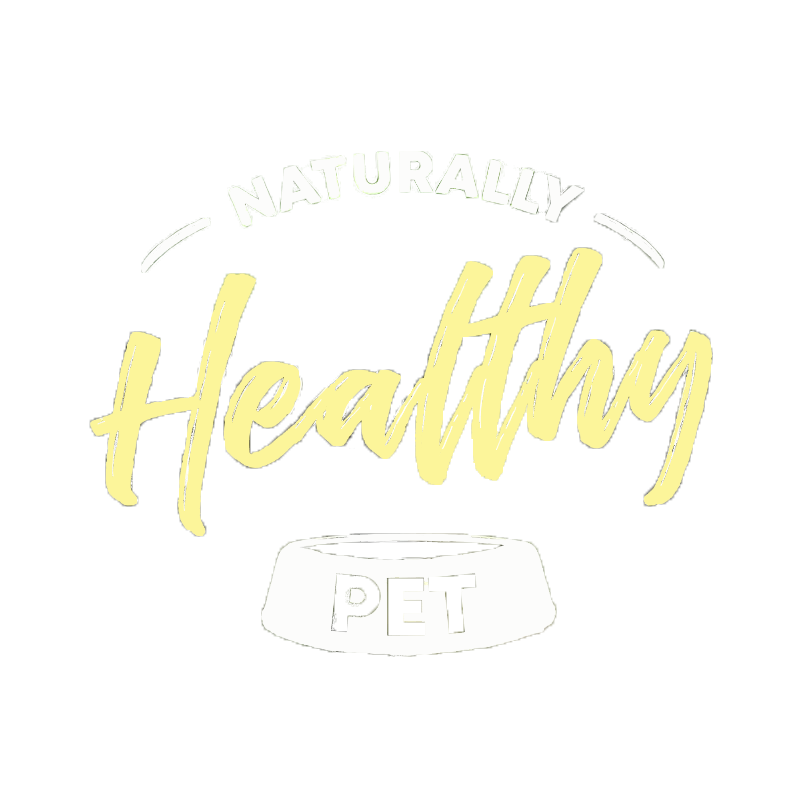Barf - a raw diet which typically includes minced/ground meat, bones, fruit, veg in quite high amounts, dairy produce, eggs, fish - devised by Dr.Ian Billinghurst
RMB [raw meaty bones] - a raw diet comprised mainly of 80% muscle meat, 10% bone, 10% organ meat, with a few 'table scraps' - mince/ground meat is favoured less and meaty bones like half chickens, lamb legs, meaty ribs and chunks preferred, raw eggs and fish are included also - devised by Dr. Tom Lonsdale
Whole Prey - a raw diet comprising whole carcass's of dead animals/fish being fed to the dog/s, raw eggs i.e. whole rabbits
They had no biscuit, but had raw mince and bones, and small amounts of pureed fruit and vegetables daily along with boiled eggs as treats once a week and fish.
As I have learned more, the diet I feed my dogs has evolved into a more Raw Meaty Bones [RMB] or prey-based diet, but with some added supplements which I know to be beneficial for them but it is ever-changing based on how they develop and what I feel is needed at the time.
To me the pros and cons are simple -
The Pros:
*Almost all dogs seem to improve and do well on a raw diet, certainly better than they did on commercial, especially those with health/behaviour issues; this means less vets visits, better health all round, glossy, shiny coats, less need for bathing as dirt just dries and falls out of the coat, no teeth cleaning needed, fresh breath and often worms and fleas become minimal or even a thing of the past.
* Small, firm, easily-pick-up-able stools.
*You know what your dogs are eating, and so it is so much easier to find problem areas if/when problems arise.
*Many health issues are sorted out with a natural diet - can't put weight on, need to lose weight and tone up, some seizures, skin issues, dirty teeth, stinky breath, recurring ear infections, some pancreatic issues - often we find the sicker a dog is, the greater the benefits once changed to a natural, fresh, raw diet.
*Some particular breeds seem to do well on a little carefully chosen carbs as part of their raw diet, like collies and greyhounds, bull terriers and Shar-Pei - undoubtedly due to breeding.
I personally don’t like the idea of carbs, unless in a very small amount occasionally for treats - but quite rarely, but having said that, I have used mashed potato with some dogs in the past to help them put some weight on - it’s what suits ‘your’ dog, and with all the health issues/weaknesses many dogs may have inherited, they may need slight alterations from time to time from what the authors would accept.
*Pups seem to grow much more steadily on a raw diet, which is much better for their joints and they seem to have stronger bones and less joint dysplasia issues, aswell as less pano where their bones and muscles are growing in a more balanced way.
The Cons
* You may need to clear, or purchase a freezer to enable you to buy in bulk or take advantage of special offers.
* It is advisable, and absolutely necessary for some types of meat to be frozen before they are fed to kill of certain bacteria.
I find people everywhere using all types of natural diet, and very happy with how their dogs are doing on it, which leads me to feel that no one type is ‘it’, but what we have to do is find what works best for ‘our’ dogs, which to me can mean using kinesiology also to make sure I 'get it right' for the individual.
I feel the Pros far outweight the Cons and can find no reason I would ever revert back from a natural diet.





